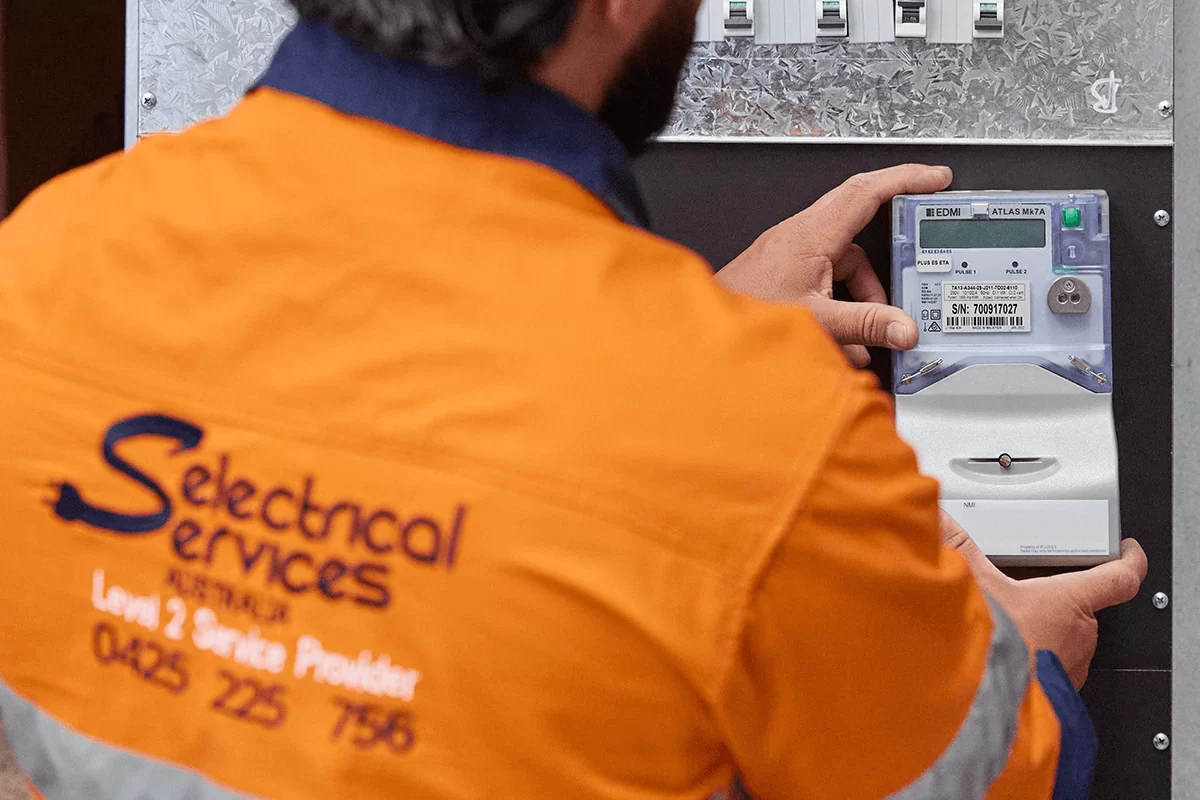News & Resources
With rising electricity prices and a growing focus on sustainability, NSW homeowners are looking for practical ways to reduce energy consumption without compromising comfort. Fortunately, small changes to your electrical habits and systems can lead to significant savings.
Whether you own a new build or a decades-old home, these expert tips will help you save energy, lower your bills, and future-proof your property.
Upgrade to Energy-Efficient Appliances
Appliances account for a large portion of your household electricity use. Upgrading to energy-efficient models, particularly those with high star ratings under Australia’s Energy Rating Label system, can make a noticeable difference.
For example, modern fridges, washing machines, and air conditioners often use up to 50% less power than older models. If you’re replacing an appliance anyway, opting for energy-efficient alternatives is a smart long-term investment.
Review Your Lighting Setup
Traditional halogen and incandescent bulbs are incredibly inefficient. Switching to LED lighting throughout your home can reduce lighting-related energy use by up to 80%.
Beyond simply replacing globes, consider using dimmers, motion sensors, and timers to reduce unnecessary usage, especially in hallways, bathrooms, and outdoor areas.
Reduce Standby Power Waste
Many devices like TVs, microwaves, and chargers, draw power even when not in use. This standby usage can contribute up to 10% of your total electricity bill.
To minimise this, unplug infrequently used appliances or install smart power boards that automatically shut off standby devices. In home offices and entertainment setups, grouping electronics by use can make it easier to disconnect them at once.
Consider Smart Metering and Time-of-Use Tariffs
Smart meters are now standard in many NSW homes, allowing you to monitor energy usage in real time. Paired with time-of-use electricity tariffs, smart meters help you plan usage around off-peak hours to reduce costs.
Running your dishwasher, washing machine, or charging devices at night can shift usage away from peak times. Your Level 2 electrician can advise on whether a time-of-use plan suits your household’s habits.
Improve Insulation and Ventilation
Heating and cooling are major energy drains. Ensuring your home is well-insulated and ventilated helps maintain a stable internal temperature with less reliance on electrical appliances.
Roof insulation, weather sealing, and window glazing can all improve your home’s energy performance. Ceiling fans and cross-ventilation are great low-energy alternatives to running an air conditioner.
Schedule an Electrical Inspection
Outdated wiring, overloaded circuits, or poor-quality connections can all lead to energy inefficiencies. A professional inspection by a Level 2 Accredited Service Provider (ASP) can identify areas where you’re wasting power, or at risk of safety hazards.
This is especially important for older homes, or if your power bills are rising without explanation. An inspection can also determine whether upgrades like switchboard modernisation, surge protection, or solar compatibility are worth pursuing.
Solar Power and Battery Storage
If your budget allows, investing in rooftop solar can dramatically reduce your reliance on grid power. NSW offers several rebate and incentive programs for eligible solar installations. Pairing your solar setup with a battery system allows you to store excess energy for evening use, further reducing your bill.
Talk to a qualified installer or Level 2 ASP to ensure your home’s electrical system is compatible and future-ready.
Reference : Switchboard Upgrade, Energy NSW: Home energy efficiency programs






